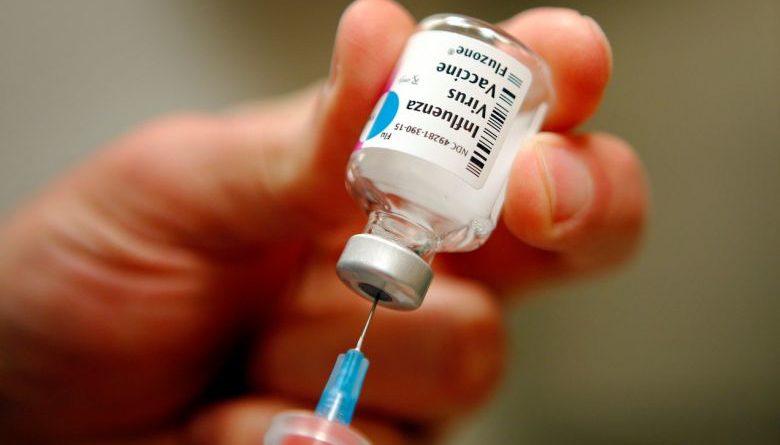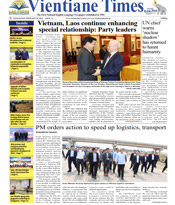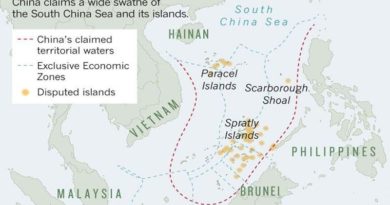EDITORIAL: The Straits Times says- Precautions still needed as curbs eased
The Straits Times

With cases of Covid-19 infection having remained stable in the community at one case per day on average over the last fortnight, and with the case-load in workers’ dormitories having also trended down, it seems appropriate to embark on the latest phase of Singapore’s reopening. While this will bring more of a semblance of normalcy to business and social activities, it also entails new risks that must be managed. Starting next week, more staff will be able to work from offices; workplace events of up to 50 people can resume; worship services and weddings for up to 100 attendees will be permitted; and a scheme to allow essential travel for senior executives will go into effect, with safeguards. But this calibrated reopening, while providing relief to business and society, also increases the scope for community spread – given that the virus transmits more easily indoors – unless proper precautions are put in place.
.


..
For businesses, the new guidelines state that working remotely must remain the default option for staff, for at least half their working hours. Companies should ensure that this is even more rigorously applied in the case of older workers and those with pre-existing medical conditions. At workplaces, safe management measures will need to be stepped up. These include requirements for temperature checks, mask wearing and regular disinfections, the installation of panels and partitions, especially in open-plan offices, and the maintenance of social distancing during meetings and events. Staggered reporting times and split team arrangements also need to be in place to minimise overcrowding. Organisers of weddings and religious services would need to take similar precautions. While this latest lifting of curbs will hopefully proceed at least as smoothly as the easing of measures made previously, international experience highlights the possible risks.
.


..
What we have learnt is that Covid-19 ebbs and flows. Infection rates can flare up well after the virus is reckoned to have receded. For instance, countries and regions which successfully contained Covid-19 such as Hong Kong, South Korea, Japan, Israel, Vietnam and Australia’s Victoria state saw infections spike after reopenings, despite having recorded low cases for weeks.
.


..
In Europe, Britain, France and Spain reported a surge of new infections recently after initially containing the spread. Such relapses were partly the result of safety protocols being disregarded once there was an easing of measures. In some cases, such as Hong Kong, they also happened because of premature border openings and the relaxation of quarantine requirements. In others, such as Britain, testing and tracing measures were deficient. The latest easing of measures here is a calculated risk. But with the right precautions, drawing on experience elsewhere, it could pay off.
.


SIGN UP TO RECEIVE OUR EMAIL
.
The most important news of the day about the ASEAN Countries and the world in one email: [email protected]
9.25.020









